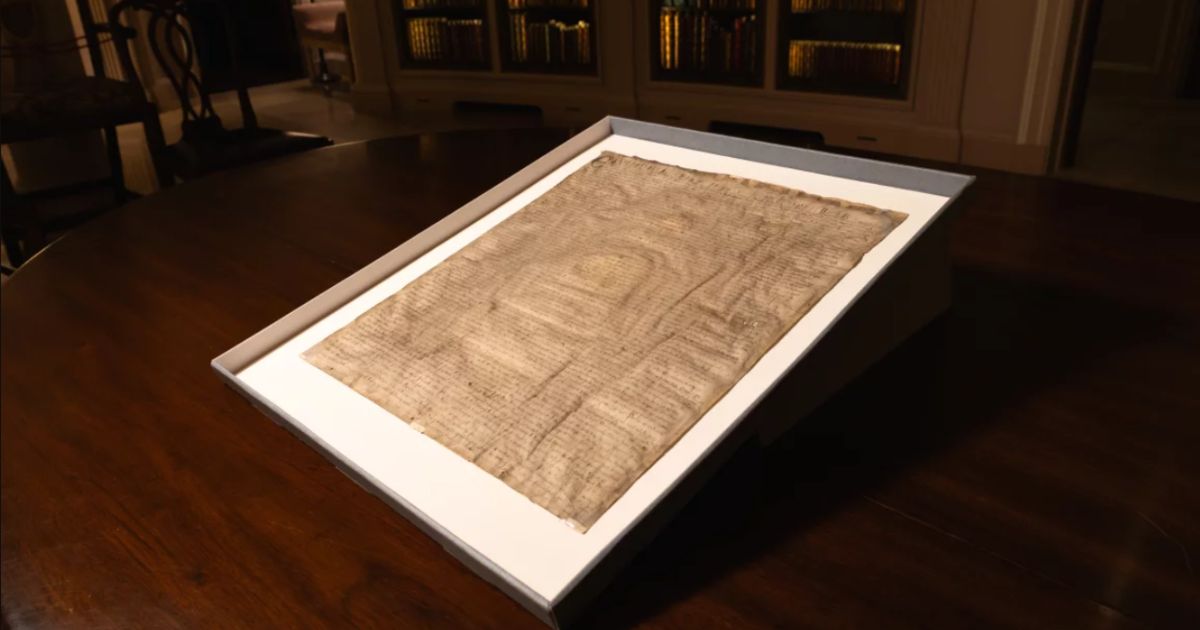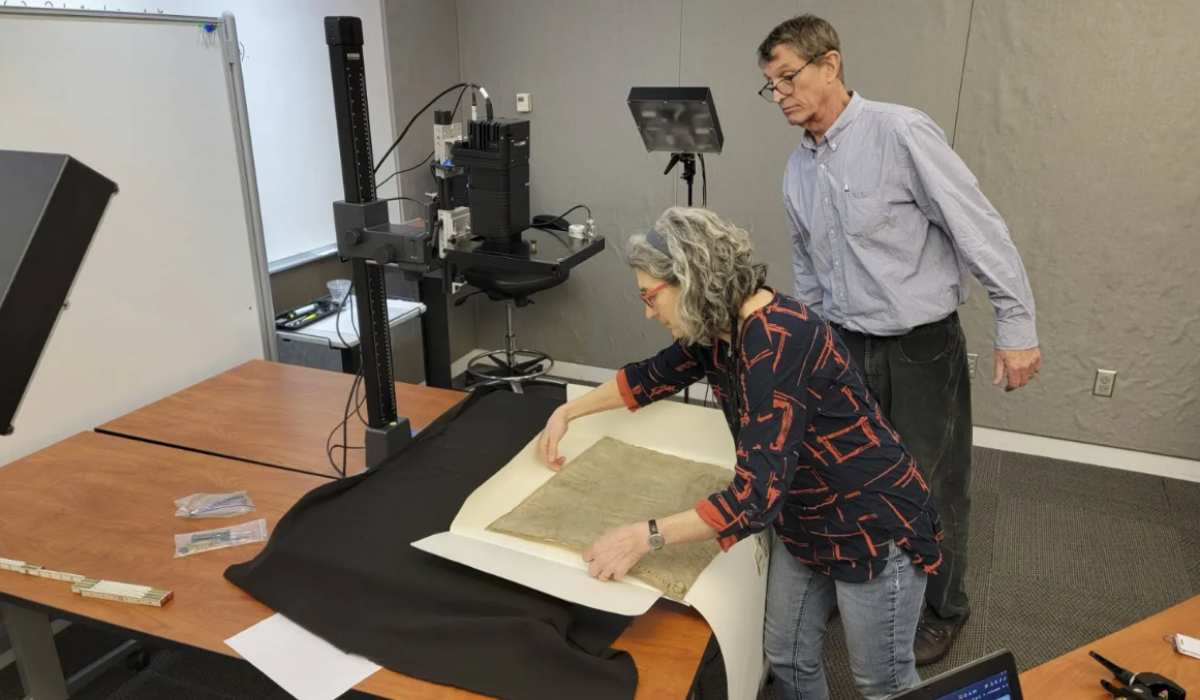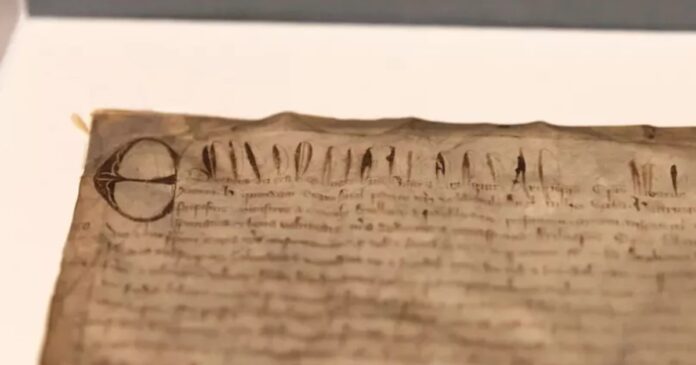What was once a humble $28 acquisition has now become a historical landmark find for Harvard University. Eighty years after its purchase of what was supposed to be an aged copy of the Magna Carta, the school has discovered that it owns a true original, signed by King Edward I in 1300. This humble-looking document, purchased from a London bookseller in 1946 for just $27.50, is now hailed as a priceless fragment of world history.
The Lasting Legacy of the Magna Carta
The Magna Carta, originally created in 1215, is a pillar of legal and democratic tradition, defining the rights of free men and placing constraints on the power of the English monarchy. Over the course of the 13th century, this very important charter was revised multiple times, the last being the 1300 version. It promised the protection of church rights and much more. Only extremely rare copies of these charters exist today, which makes Harvard’s acquisition even more notable.

A Scholarly Surprise
It was a surprising discovery when medieval historian Professor David Carpenter, of King’s College London, was browsing Harvard Law School Library’s digital archives. While browsing through the digital documents, one that stood out to him was an item labelled as a 1327 copy of the Magna Carta. When he took a closer look, Carpenter was amazed at what looked like an original from the 1300 release.

Read More: Harvard University Sues Trump Administration Over Stricter Immigration Policies
To confirm his intriguing intuition, Professor Carpenter recruited the aid of Nicholas Vincent, another medieval historian from the University of East Anglia. Professors Carpenter and Vincent went to Harvard with their evidence and asked that an ultraviolet scan of the document be undertaken for a closer inspection.
Unveiling a Hidden Treasure
Jonathan Zittrain, a Harvard professor and director of the law library, confessed to an early interest tempered with suspicion. Proving such a historical relic genuine demands careful research, compiling multiple clues in place of one conclusive instance.
Professor Zittrain recognised the lead role the UK scholars played in discovering this hidden gem of history. Had they not been so observant and experienced, Harvard may still have been unaware of the incredible worth hidden in its archives. In fact, he joked about the possibility of other hidden gems waiting to be discovered in the university’s enormous collections.
The Priceless Nature of History
Though the actual monetary value of Harvard’s Magna Carta is unknown, the eye-popping value of comparable original documents provides a hint. In 2007, a second original Magna Carta sold for a stunning $21.3 million at auction, highlighting the deep historical and cultural importance – and financial value – of Harvard’s serendipitous find. This happy accident is a powerful reminder that history’s greatest treasures can at times lie in the most mundane of locations.
Stay tuned to Brandsynario for latest news and updates






































